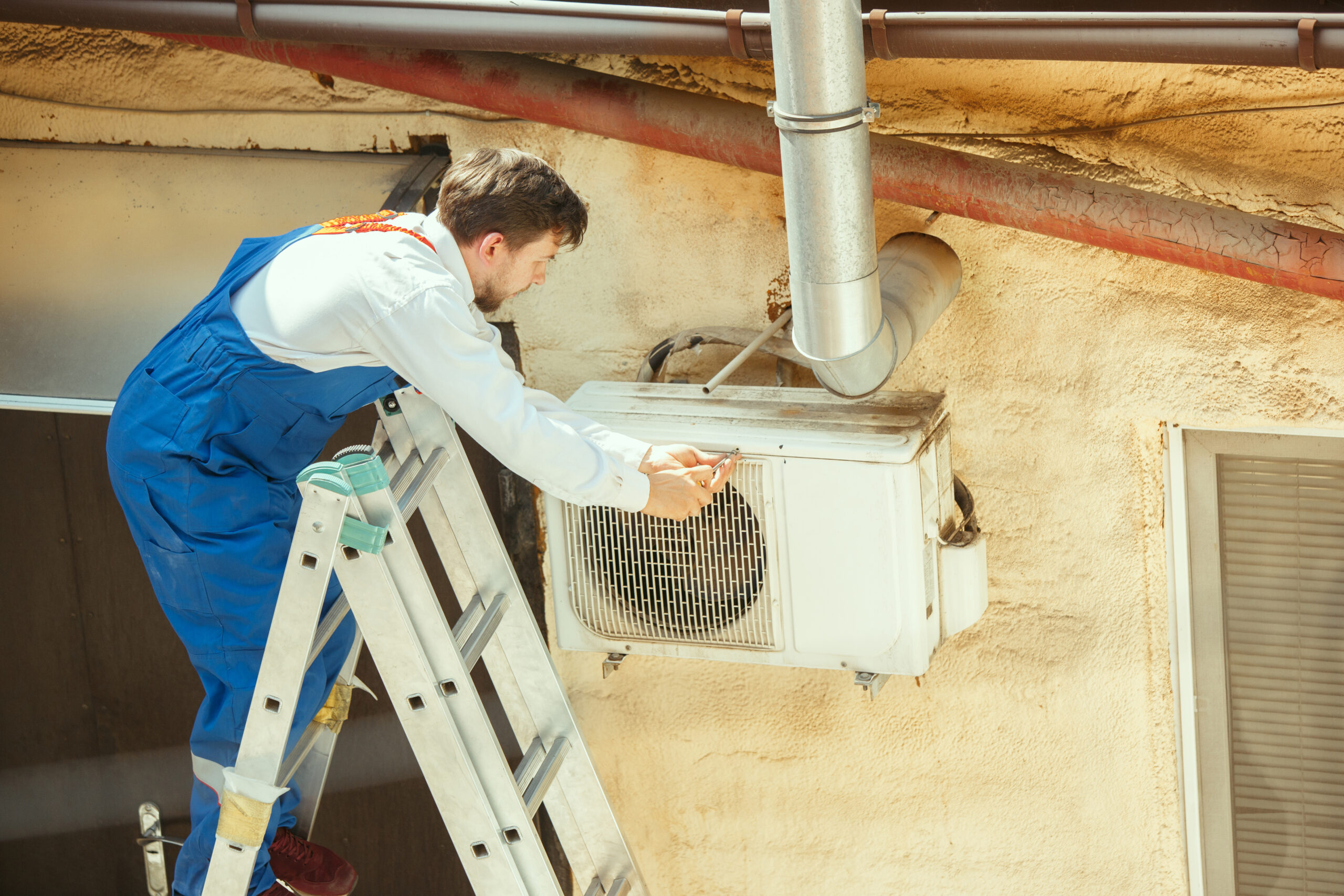Air-source heat pumps have gained popularity among homeowners as an energy-efficient solution for heating and cooling homes. These systems work by transferring heat from inside the home to the outside during summer and vice versa in winter. While heat pump installation costs may seem high, the promise of long-term savings and environmental benefits makes them a worthy consideration. This article explores the costs, savings, and overall value of investing in air-source heat pumps.
Understanding Heat Pump Installation Costs
The installation cost of an air-source heat pump varies based on factors like the size of the system and home requirements. Typically, heat pump installation costs range from $5,000 to $12,000, including the unit, labor, and any necessary system modifications. Although this represents a significant initial expense, understanding the components involved can help homeowners make an informed decision.
Factors Affecting Energy-efficient heating solutions
Several factors influence the cost of installing an air-source heat pump. Larger homes with poor insulation require more powerful systems, which increase installation costs. Additionally, extreme climates may necessitate advanced systems designed to handle harsher conditions. Efficiency ratings also play a crucial role, as higher-rated systems tend to have higher upfront costs. Carefully evaluating these factors ensures that the chosen system meets both performance needs and budget.
Long-Term Savings with Air-Source Heat Pumps
Air-source heat pumps are known for their energy efficiency, using electricity to transfer heat instead of generating it through combustion. This translates to substantial savings on heating and cooling bills over time. While pumps may appear steep, the long-term reduction in energy consumption can offset the initial expense within a few years. Homeowners also benefit from reduced reliance on fossil fuels, further contributing to savings.
Comparing Costs to Traditional HVAC Systems
When compared to traditional HVAC systems like furnaces or boilers, air-source heat pumps offer better cost efficiency over time. Conventional systems often rely on fossil fuels, resulting in higher operational expenses. Though air-source heat pumps require a higher initial investment, their lower monthly energy usage and dual functionality for heating and cooling make them more cost-effective in the long run.
Also Read : The Complete Maintenance Guide for Air-Source Heat Pumps: Tips for Longevity
Government Incentives and Rebates
Many governments provide incentives and rebates to encourage the adoption of energy-efficient technologies like air-source heat pumps. These financial benefits, including tax credits, rebates, and low-interest loans, help offset heating pumps, making them more affordable for homeowners. While availability varies by location, taking advantage of these programs significantly enhances the appeal of investing in an air-source heat pump.
Environmental Benefits of Air-Source Heat Pumps
Beyond financial savings, air-source heat pumps offer notable environmental benefits. Unlike traditional heating systems that rely on fossil fuels, these pumps emit fewer greenhouse gases. By investing in an air-source heat pump, homeowners can reduce their carbon footprint while enjoying modern heating and cooling technologies. Although the initial heat pump installation costs may be high, the environmental returns are undeniable.
Also read : Heat Pumps: Efficient Systems for Keeping Your Home Warm in the Winter
Maintenance Costs and System Lifespan
Air-source heat pumps require regular maintenance, such as filter cleaning, refrigerant checks, and component inspections, to operate efficiently. However, their maintenance costs are generally lower than those of traditional heating systems. With proper care, these systems have a lifespan of 15 to 20 years, making them a durable and cost-effective investment.
Maximizing Savings with Air-Source Heat Pumps
To maximize the savings potential of an air-source heat pump, homeowners should focus on optimizing their home’s energy efficiency. Proper insulation reduces the workload on the system, lowering energy consumption and extending its lifespan. Additionally, scheduling regular maintenance and optimizing settings ensures the pump operates at peak performance. These strategies enable homeowners to maximize their investment, even with the notable air-force pumps
Challenges to Consider
While air-source heat pumps offer numerous benefits, there are challenges to consider. In extremely cold climates, their efficiency may decrease, requiring a supplementary heating system. Additionally, the high upfront installation costs can be prohibitive for some homeowners, even with available rebates. Carefully weighing these factors ensures the chosen system aligns with specific needs and financial capability.
Final Thoughts: Are Air-Source Heat Pumps Worth It?
The decision to invest in an air-source heat pump ultimately depends on individual priorities and circumstances. For homeowners aiming to reduce energy bills and their environmental impact, these systems are a worthwhile choice. While cost-effective pumps are higher than traditional systems, long-term savings and government incentives make them a compelling investment. By thoroughly evaluating costs, efficiency, and maintenance, homeowners can enjoy a more sustainable and energy-efficient home.
Discover the full range of our services and how we can assist you by clicking here to learn more


